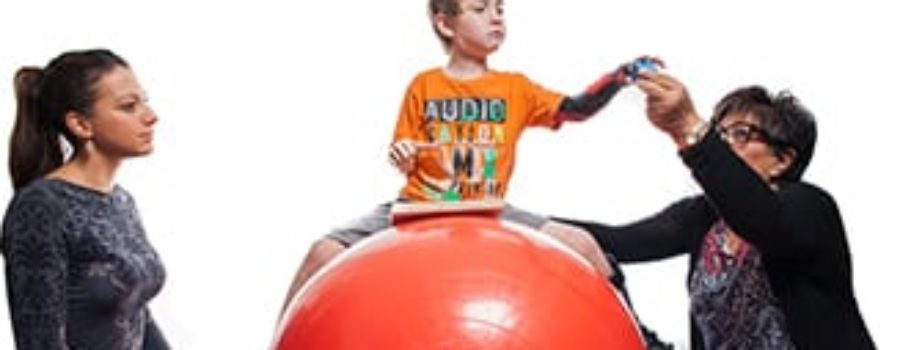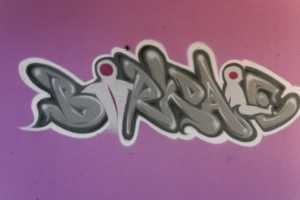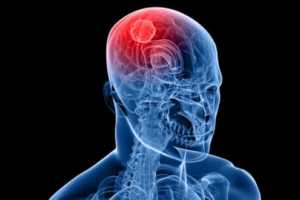I have spastic cerebral palsy – can functional electrical stimulation really improve my gait?
Cerebral Palsy (CP) affects approximately 30,00 children in the UK, and is the single largest cause of childhood physical disability in the developed world[1]. A number of Birkdale clients live with CP, especially the most common form: spastic cerebral palsy, which can increase muscle stiffness to the point of paralysis.
To treat CP, our neuro physiotherapists use a range of techniques including neuro developmental treatment, sensory stimulation and functional electrical stimulation (FES).
Functional electrical stimulation has been shown to be effective by a study published by the Journal of American Physical Therapy Association[2]. They found that FES had an immediate effect; increasing both stride length and frequency in patients with spastic cerebral palsy.
The study took place in Boston, 2005. Thirteen children with spastic cerebral palsy were tested and nine completed the study along with six other children who were ‘developing typically’. A child who is ‘developing typically’ is one exhibiting enough knowledge, skills and behaviours in line with developmental milestones to suggest that they don’t currently have a disability. These children were included in the study as a baseline for what appropriately timed force and elastic properties of the body should be expected.
The children with CP were assigned two trial groups: those that had FES for 15 trials, followed by no FES for 15 trials; those that no FES for 15 trials, followed by having FES for 15 trials, and the group of developing typically children who walked without FES. The results were astonishing.
The study found that all of the children with CP who had the FES were able to walk comfortably afterwards. Specifically, the impulse was affected which means that there were greater changes to the momentum of the gait – the children were able to walk faster, and for greater distances after the treatment.
Locomotion, or being able to move forward, has two stages: the body must supply the force to move by contracting its muscles, and force must also be transferred from the environment to the body. For example, in order to walk, we push off from the floor and transfer that energy to the leg. This is known as dynamic resource. In patients with CP, the disease leads to a change in dynamic resources. FES enhances that dynamic resource, by placing electrical energy into the muscle which the body then converts to kinetic energy.
The verdict is clear – functional electrical stimulation has a profound affect on movement for patients of spastic cerebral palsy.
[1] Data taken from The Pace Centre, 2018.
[2] Ho et al. Functional Electrical Stimulation Changes Dynamic Resources in Children With Spastic Cerebral Palsy. Physical Therapy (2006), Volume 86, Issue 7, pp 987–1000.




